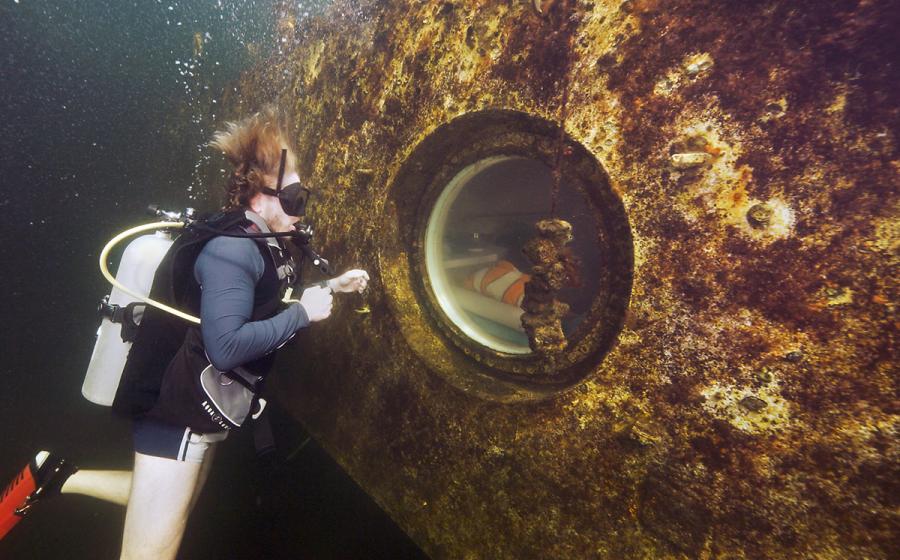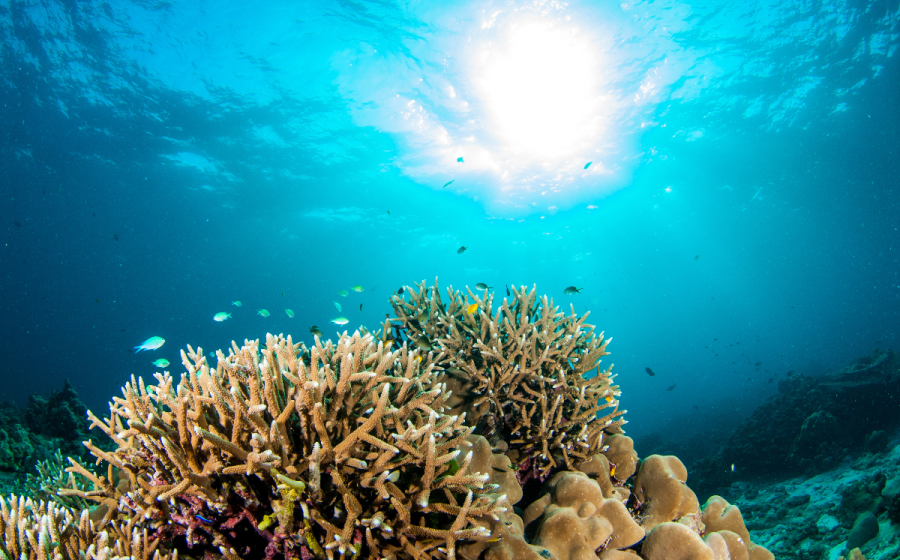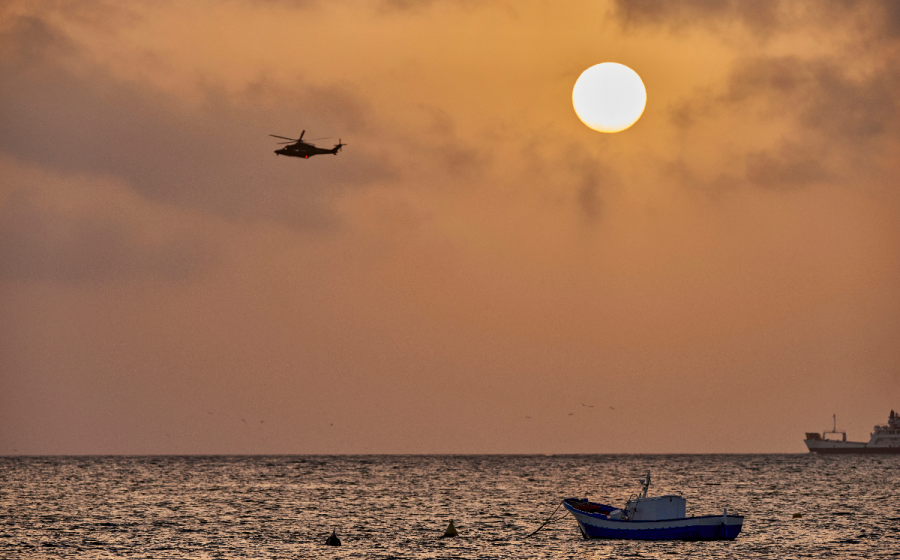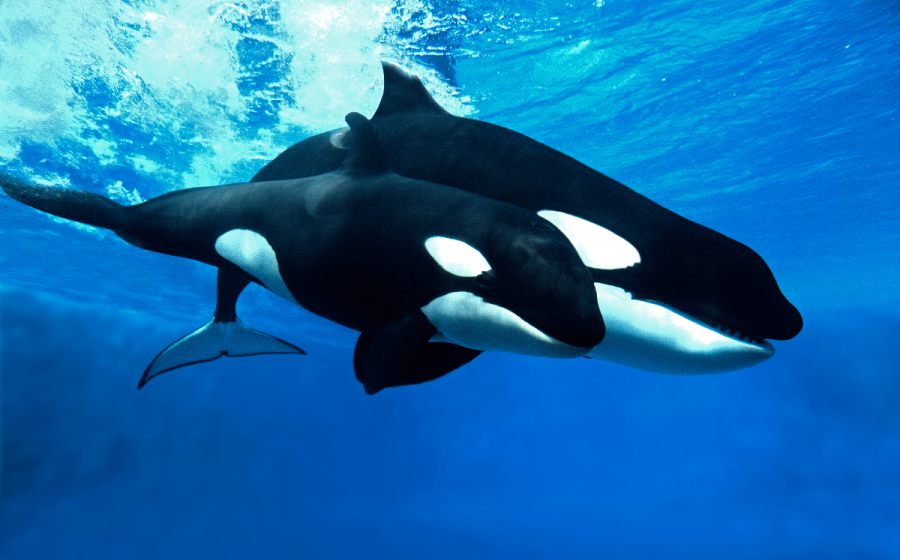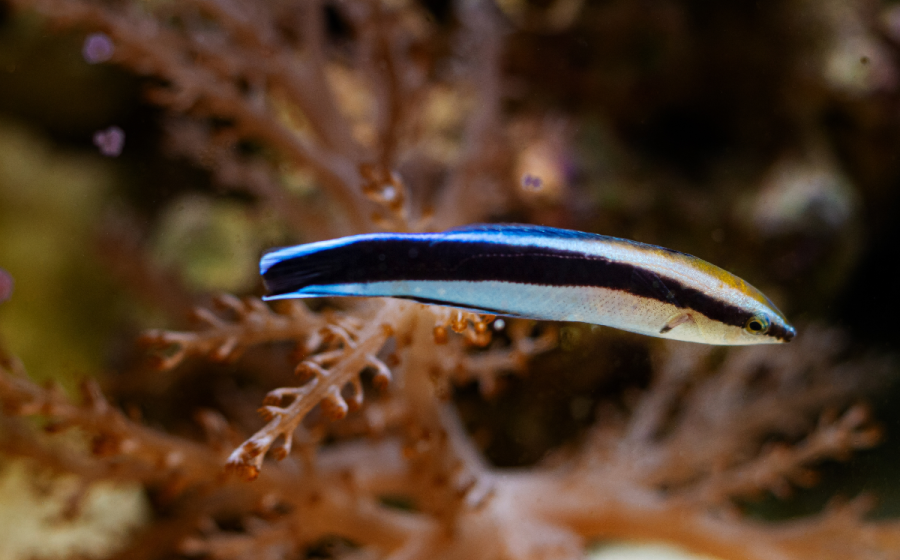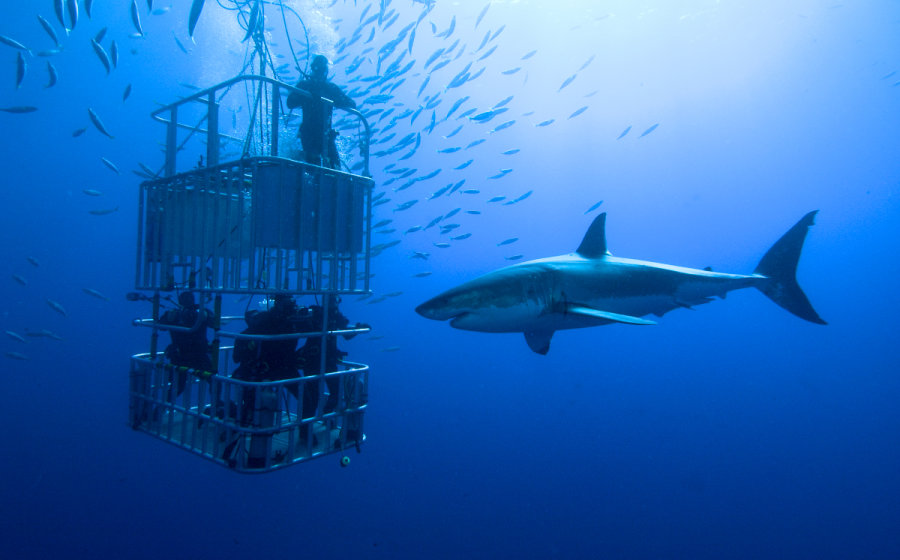Undersea explorer and educator Joe Dituri sets out to break the Guinness World Record for the longest underwater habitation while conducting groundbreaking research in biomedical and marine science.
University of Miami researchers report that some coral reefs in the tropical Pacific Ocean could defy projections of imminent extinction thanks to their ability to adapt to changing conditions.
In 1972, scientists discovered the Great Pacific Garbage Patch; today, we’re still struggling under the weight of our trash and we're still adding to it.
A family and a community are rejoicing after a freediver who was swept out to sea was rescued alive hours later by his family.
Orca moms “baby” their adult sons and continue to hunt for them well into adulthood – a move that could harm endangered populations in terms of new births, research shows.
A new study has found that some fish can recognize their own faces in photos and mirrors—a sign of self-awareness. The finding suggests self-awareness may be more widespread among animals than previously thought.
For years, Mexico’s Isla Guadalupe has been a dream destination for shark lovers. That dream is no more; the Great White cage diving hot spot has been permanently closed to tourism.
Antarctica and its ocean have long-intrigued explorers, scientists, fishermen and those bitten by the extreme environments travel bug. Still, with another summer season opening the Southern Ocean up for visits, there’s a lingering concern: are we too loud for the locals?
In Dec. 2022, NASA and its international space agency partners launched a new, satellite that will survey and map the planet’s oceans, rivers, lakes and reservoirs.

